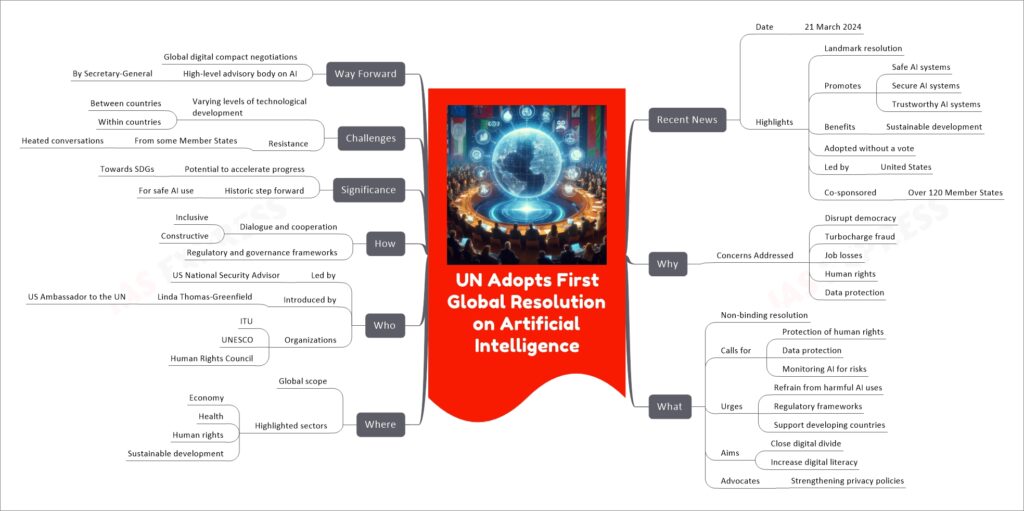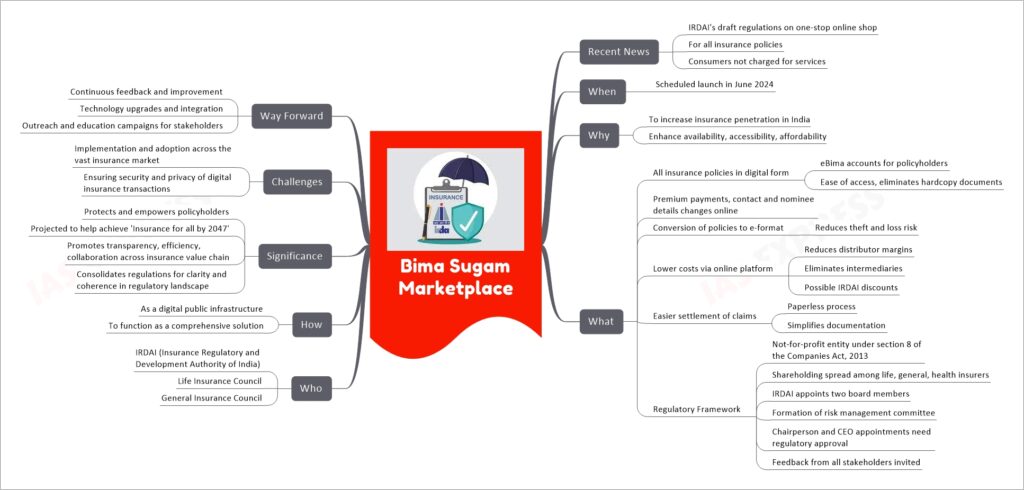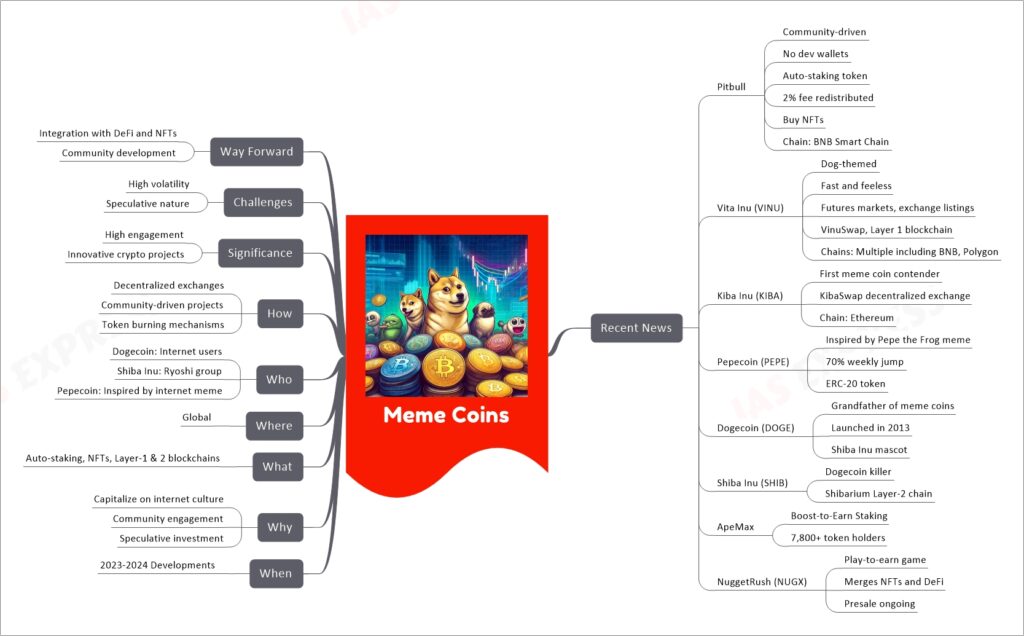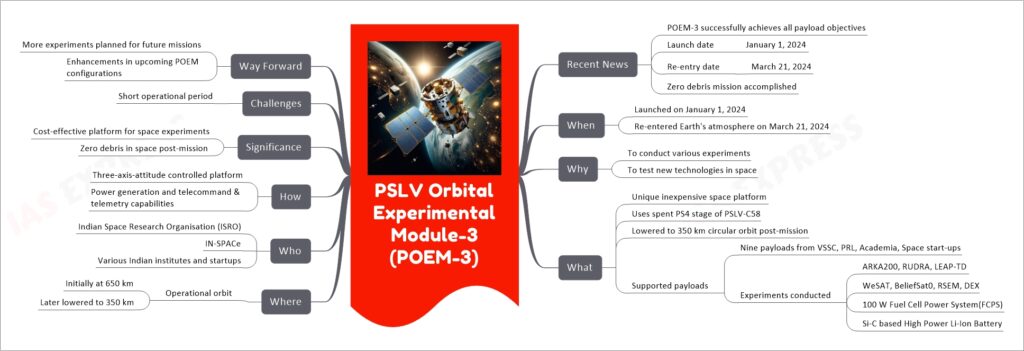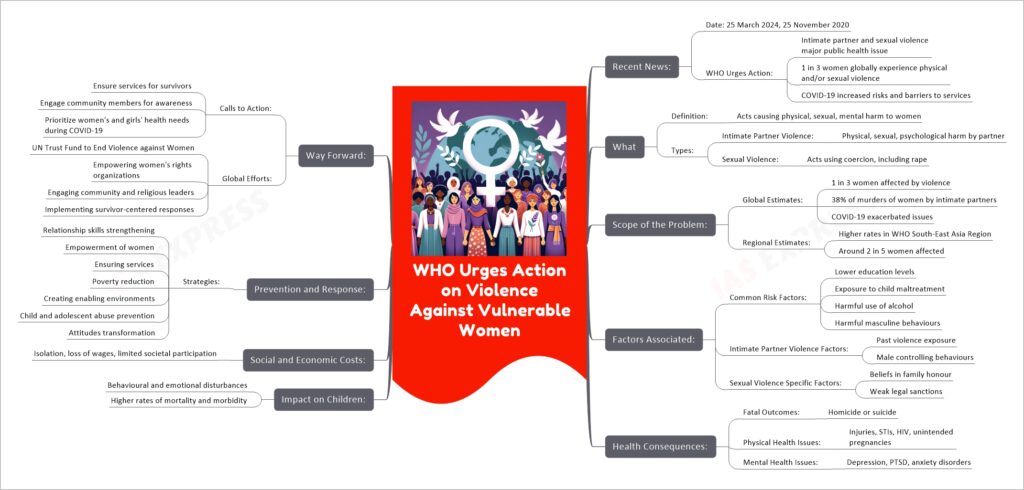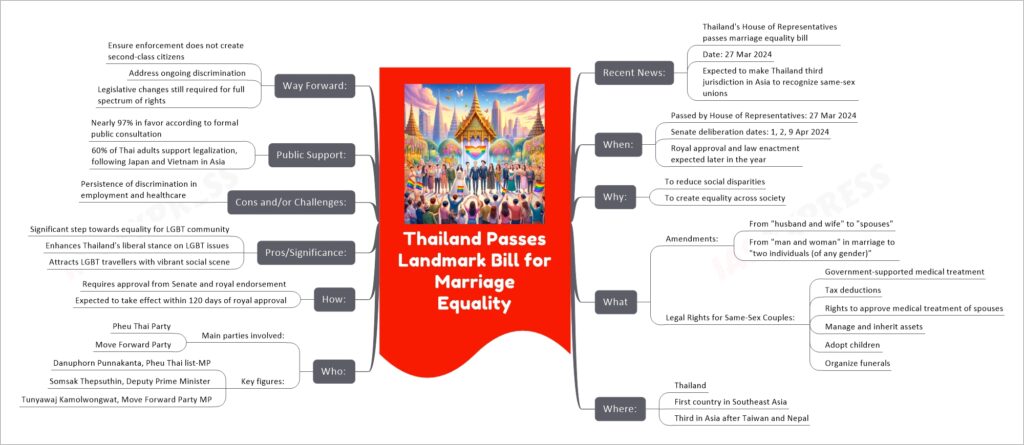[Newsbits] 24-29.03.2024: Meme Coins, Beni Koji, Annual India TB Report & more
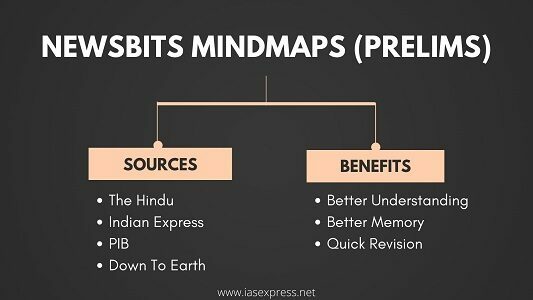
The United Nations General Assembly adopted a landmark resolution aimed at promoting the development and use of artificial intelligence (AI) that is safe, secure, and trustworthy, and that contributes to sustainable development goals. The resolution, led by the United States and co-sponsored by over 120 other Member States, calls for the protection of human rights, the safeguarding of personal data, and the monitoring of AI to manage risks. It emphasizes the need for global cooperation to support developing countries in overcoming technological challenges and encourages the development of regulatory frameworks to ensure AI is used responsibly. This resolution is significant as it represents a global consensus on the need to guide the development of AI technologies in a way that ensures they are used for the benefit of all, while also addressing the potential risks they pose.
This study, led by Dr. Anura Kurpad from St. John’s Medical College, Bengaluru, indicates that the prevalence of anaemia in India may have been previously overestimated due to the use of diagnostic criteria based on a healthy Western population. The study, involving over 4,600 participants across eight states, suggests a new haemoglobin diagnostic cut-off lower than the current WHO values. This has implications for the management and understanding of anaemia in India, highlighting the need for revised diagnostic criteria and targeted interventions for high-risk groups.
The Chandrayaan-3 mission, launched by the Indian Space Research Organisation (ISRO) on July 14, 2023, from the Satish Dhawan Space Centre in Sriharikota, Andhra Pradesh, marked a significant milestone in India’s lunar exploration efforts. The landing site of Chandrayaan-3’s moon lander, named ‘Station Shiv Shakti’ by Prime Minister Narendra Modi on August 26, 2023, has been officially recognized by the International Astronomical Union (IAU) on March 19, 2024. This recognition underscores the international community’s acknowledgment of India’s achievements in space exploration, particularly the mission’s successful soft landing near the Moon’s south pole, a region of strategic scientific interest.
The Bima Sugam Marketplace is an initiative by the Insurance Regulatory and Development Authority of India (IRDAI) aimed at revolutionizing the insurance sector in India. It is designed to function as a comprehensive digital platform where all insurance policies can be accessed, bought, sold, and serviced. Set to launch in June 2024, this platform aims to increase the penetration, availability, accessibility, and affordability of insurance in India. By converting insurance policies to a digital format and allowing for easier management of policies and claims, Bima Sugam intends to simplify the insurance process for policyholders. It promises lower costs, easier claim settlements, and a seamless user experience, backed by a regulatory framework that fosters transparency and efficiency. This significant move towards digitization is projected to empower policyholders and contribute to the goal of achieving ‘Insurance for all by 2047’.
The European Union’s Digital Markets Act (DMA) is a landmark law aimed at making the digital market more fair and competitive, particularly by regulating the practices of large online platforms known as “gatekeepers.” These include companies like Alphabet (Google’s parent company), Amazon, Apple, Meta (Facebook’s parent), and Microsoft. The DMA sets specific criteria for identifying gatekeepers based on their economic strength, their role in intermediating between businesses and consumers, and their durable position in the market. It introduces a set of obligations (do’s) and prohibitions (don’ts) for these gatekeepers, such as allowing third-party inter-operation with their services, providing business users access to their data, and preventing them from favoring their own services over others.
Significantly, the DMA aims to benefit business users by creating a fairer business environment, spur innovation among tech startups, and provide consumers with more and better service options. It also outlines severe penalties for non-compliance, including fines of up to 10% or 20% of a company’s total worldwide annual turnover for repeated infringements.
Despite the potential benefits, the DMA’s implementation faces challenges, including the need for a larger enforcement team than initially planned and concerns from big tech companies about privacy, security vulnerabilities, and the impact on innovation. The DMA’s success and its approach to fostering a competitive digital market will likely influence similar regulations globally.
Meme coins are cryptocurrencies that originate from internet memes or have a humorous or lighthearted premise. Recent developments include the emergence of coins like Pitbull, Vita Inu, Kiba Inu, and Pepecoin, each with unique features such as auto-staking, feeless transactions, and community-driven projects. Dogecoin remains a significant player, often regarded as the “grandfather” of meme coins, while Shiba Inu and newer entries like ApeMax and NuggetRush are gaining attention for their innovations in staking and play-to-earn games. These coins often capitalize on internet culture and community engagement for growth and visibility. Despite their popularity, meme coins are known for their volatility and speculative nature, posing challenges alongside their innovative contributions to the crypto ecosystem. The way forward for meme coins could involve further integration with decentralized finance (DeFi) and non-fungible tokens (NFTs), emphasizing community development and utility.
The PSLV Orbital Experimental Module-3 (POEM-3) is a remarkable space mission by ISRO, utilizing the spent PS4 stage of the PSLV-C58 vehicle to create a cost-effective, experimental space platform. Launched on January 1, 2024, POEM-3 carried nine different payloads for various experiments, including technological and scientific demonstrations. After achieving its objectives, including zero debris in space, the module re-entered Earth’s atmosphere on March 21, 2024. This mission paves the way for more such experiments and enhancements in future POEM configurations, offering a unique opportunity for academia, startups, and non-governmental entities to test their technologies in space.
The US and UK have taken significant steps by sanctioning a Chinese company and two individuals over allegations of cyber spying that targeted a broad spectrum of victims, including lawmakers, voters, and critics of the Chinese regime. This action was motivated by the desire to protect national security and critical infrastructure from what is perceived as malicious cyber activities conducted or sponsored by Chinese state-affiliated entities. The main focus of these allegations centers around the cyber espionage activities of APT 31, a group believed to be connected to China’s state security apparatus. These activities reportedly aimed at undermining democratic processes, compromising government institutions, and stealing trade secrets, highlighting the growing tensions in the domain of international cybersecurity. The response from China has been one of denial and condemnation, calling for a more evidence-based approach to cybersecurity issues and cautioning against the politicization of cyber threats. As this situation unfolds, it underscores the importance of bolstering cybersecurity measures and fostering international cooperation to address the challenges posed by state-sponsored cyber espionage.
The World Health Organization (WHO) is taking significant steps to address violence against vulnerable women, highlighting the critical nature of this issue as both a public health problem and a violation of women’s human rights. Violence against women, especially intimate partner and sexual violence, is a widespread issue that affects approximately one in three women globally. This violence can lead to severe physical, mental, sexual, and reproductive health problems for women and can also have detrimental effects on children and societal well-being.
The COVID-19 pandemic has further exacerbated the risks to women and girls, increasing their vulnerability to violence due to isolation, economic stress, and disruptions to support services. The WHO emphasizes the importance of a multifaceted response involving the empowerment of women, community mobilization, addressing the diverse realities of women, and ensuring that prevention and support services are accessible and adequately resourced. Innovative and proactive solutions are necessary to address and eradicate violence against women, including engaging with women’s rights organizations, community and religious leaders, and implementing survivor-centered responses.
The path forward requires continued action from policymakers, health facility administrators, and community members to ensure that services for survivors are not just maintained but expanded, adapting support services to meet the challenges posed by physical distancing measures and ensuring that women can access the care they need. These efforts underscore the WHO’s commitment to addressing the shadow pandemic of violence against women and achieving a gender-equal region free of violence against women and girls
Thailand has taken a groundbreaking step towards marriage equality by passing a bill in the House of Representatives that seeks to legalize same-sex unions, marking the country as the first in Southeast Asia and the third in Asia to do so, after Taiwan and Nepal. The bill amends current references in marriage laws to be gender-neutral, offering same-sex couples the same legal rights and benefits as heterosexual couples. This includes rights related to medical treatment, tax benefits, asset management, child adoption, and organizing funerals. The bill received overwhelming support from the major political parties and is expected to pass the Senate and receive royal endorsement later in the year. This legislation not only represents a significant move towards reducing societal disparities and enhancing equality but also solidifies Thailand’s position as one of Asia’s most liberal societies regarding LGBT rights. Public support for this initiative is high, with nearly 97% in favor during public consultations, showcasing the country’s progressive stance on LGBT issues despite ongoing challenges in discrimination.
In simpler terms, Thailand is on its way to becoming the first Southeast Asian country to allow same-sex marriage. This move is celebrated by many as a big win for equality and human rights. The new law aims to give same-sex couples the same rights as different-sex couples in terms of marriage benefits and responsibilities. It has been a long time coming, with strong support from the public and politicians alike, showing Thailand’s commitment to embracing diversity and fighting for equal rights for all its citizens.
If you like this post, please share your feedback in the comments section below so that we will upload more posts like this.
